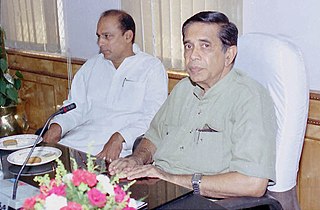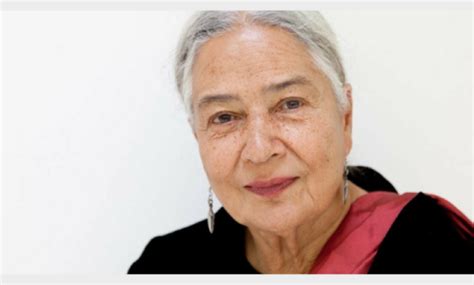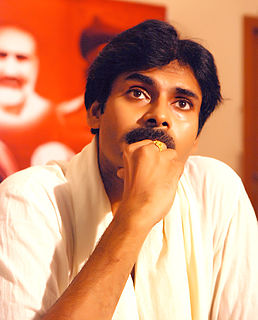A Quote by Smriti Irani
One should not encourage division on the basis of religion, region, caste, or creed if one wants India to truly rise as one of the greatest nations of the world.
Related Quotes
No religion is absolutely perfect. Yet not only do we fight for religion, but also are we often willing to sacrifice our lives for it. And what we hopelessly fail to do is to live it. A true religion is that which has no caste, no creed, no colour. It is but an all-uniting and all-pervading embrace.
That the caste system must be abolished if the Hindu society is to be reconstructed on the basis of equality, goes without saying. Untouchability has its roots in the caste system. They cannot expect the Brahmins to rise in revolt against the caste system. Also we cannot rely upon the non-Brahmins and ask them to fight our battle.
So far as the government is concerned, there is only one holy book, which is the constitution of India. The unity and the integrity of the country are the topmost priorities. All religions and all communities have the same rights, and it is my responsibility to ensure their complete and total protection. My government will not tolerate or accept any discrimination based on caste, creed and religion.
Caste is a delicate issue. It's ubiquitous, and we are full of it. We should start to change things from individual level. But when you go to people and deny caste, they may not react favourably. I think if a decisive percentage of people, especially elites, start marrying out of their caste, we may see a casteless India in a generation's time.
I think that in the diaspora, and among immigrants, religion becomes a vehicle for the transmission of cultural information, and cultural codes, and this does end up re-inscribing certain things about the religion - like caste. Caste discrimination and hierarchy are still a very fundamental and violent part of Hinduism. My family was upper caste, and that was very clear. I feel like caste and religious practice are inextricable, actually.





























